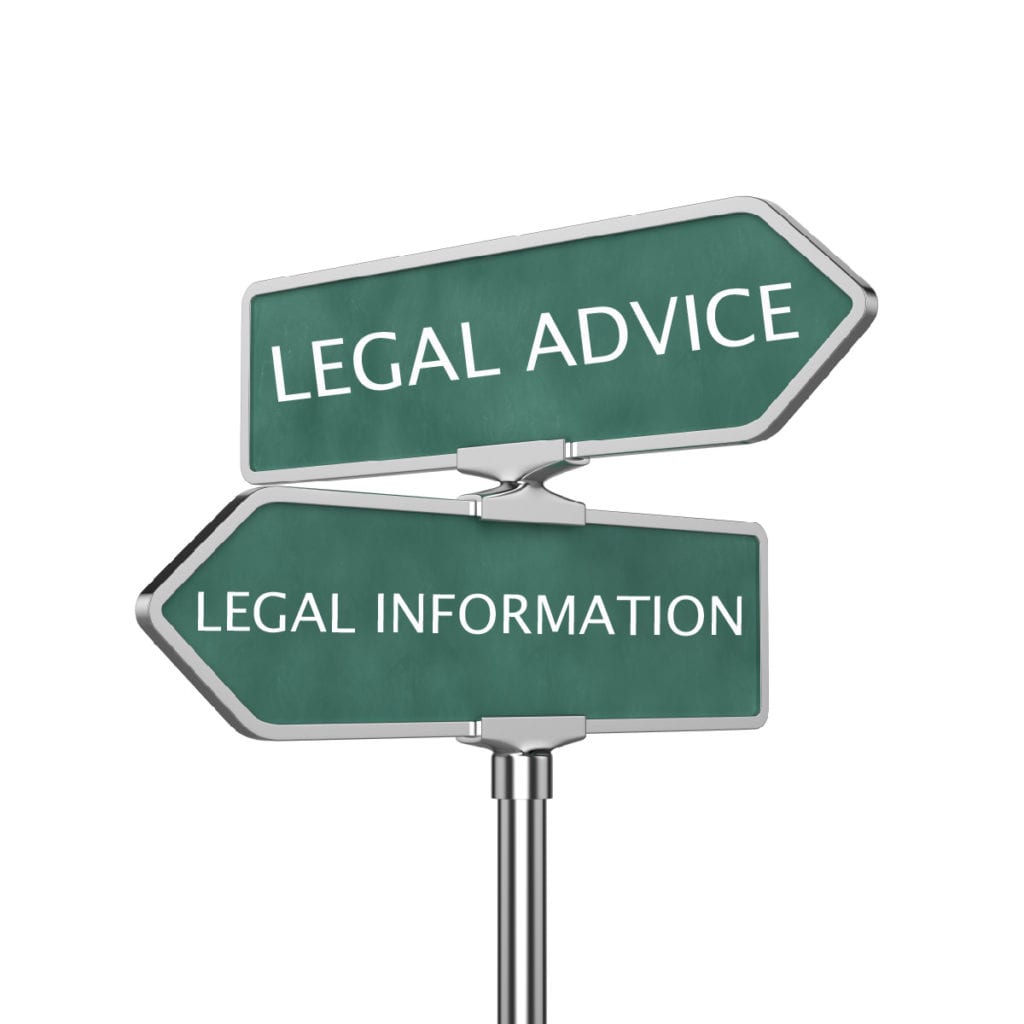Dealing With Bad Online Reviews

With the rise of Google reviews and websites like Yelp and Avvo, it has become easier for a client or former client to widely disseminate derogatory comments about you and the legal services you provide. Such a review would likely get your blood boiling, and the temptation to respond forcefully will be high. But before […]
Past Successes: What Can Lawyers Say About Them?

When marketing their practices, lawyers certainly want to tell potential clients about their successes. They want the world to know how they have taken care of clients in the past. But lawyers must tread carefully. Each jurisdiction has its own rules on this issue, but all uniformly prohibit statements that might be false, fraudulent, deceptive […]
Are You Improperly Giving Legal Advice On the Internet?

Lawyers are allowed to give general answers to legal questions posed by laypeople on social media, chat rooms, blogs, websites, and other internet platforms. That said, lawyers should not provide specific legal advice, because those communications may inadvertently create an attorney-client relationship. One ethics opinion has held that “answering questions on the Internet is analogous […]
The Ethics of Law Firm Logos

Law firm logos are generally not considered “advertising” under ethics rules, so the restrictions on advertising and solicitation usually do not apply. (e.g., New York, Utah). Jurisdictions that have discussed logos recognize that they typically do not extol a firm’s expertise, encourage a person to contact the firm, or otherwise solicit employment. Instead, logos are […]
Can Confidentiality Provisions In Settlement Agreements Limit Lawyers’ Marketing?

Often when parties resolve disputes, confidentiality provisions are requested and included in a settlement agreement. The scope of such provisions may range from a preclusion of releasing the fact and amount of the settlement to a broad prohibition on disclosing any information obtained during the dispute. Can one or both sides use such a provision […]
What Can You Say About Your SuperLawyer Or Other Rating?

Lawyer advertising cannot be false, deceptive or misleading. Most jurisdictions consider deceptive or misleading, communications that compare an attorney’s services with other attorneys’ services unless the comparison can be factually substantiated. (see, e.g., Georgia Rule 7.1(a)(3)). In light of that general rule, can lawyers publicize their Super Lawyers or other lawyer rating? If so, is […]
Social Media Endorsements, Recommendations, Reviews: What You Need To Know

Most social media sites allow users to receive and post likes, endorsements, recommendations, reviews, and comments. Having such posts on your profiles can provide social proof and evidence of your abilities as a lawyer. Clearly, lawyers are responsible for all content they post on their social media profiles. But what about posts by other users? […]
Social Media Use: Is It Advertising or Soliciting Under the Ethics Rules?

I’m going to answer like a lawyer: “It depends.” Here are the basic principles: If an attorney uses a social media account strictly for personal purposes, then advertising and soliciting rules probably don’t apply. (See, e.g., Florida) For accounts, profiles, unsolicited communications, or posts made primarily for the purpose of retention of the lawyer or […]
Testimonials: How can lawyers use them?

Social proof is a powerful and well-documented phenomenon and is frequently used to great effect by businesses of all type to obtain customers and clients. One social proof technique is the use of client testimonials. Most jurisdictions explicitly allow attorneys to use client testimonials in some form or fashion. However, certain restrictions, prohibitions, and […]
Law Firm Website Domain Names: What Can You Use?

By now, just about every law firm has a website. (If you know a firm that does not, please bring them into the 21st century.) A website is designated by a domain address, otherwise known as an Internet Uniform Resource Locator (“URL”). For many reasons (marketing, availability, etc.), a law firm may want to use […]
